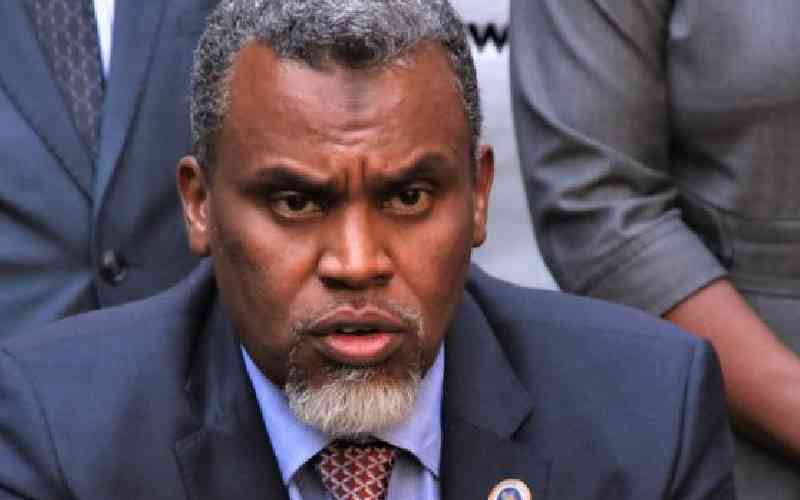×
The Standard e-Paper
Kenya’s Boldest Voice

Director of Public Prosecutions Noordin Haji has landed the equally powerful but reclusive position of National Intelligence Service Director-General in President William Ruto's latest appointments.
Mr Haji, Kenya's ultimate prosecutor for the last six years, will replace Major-General (Rtd) Philip Kameru who is retiring after a two-term period which started in 2014.